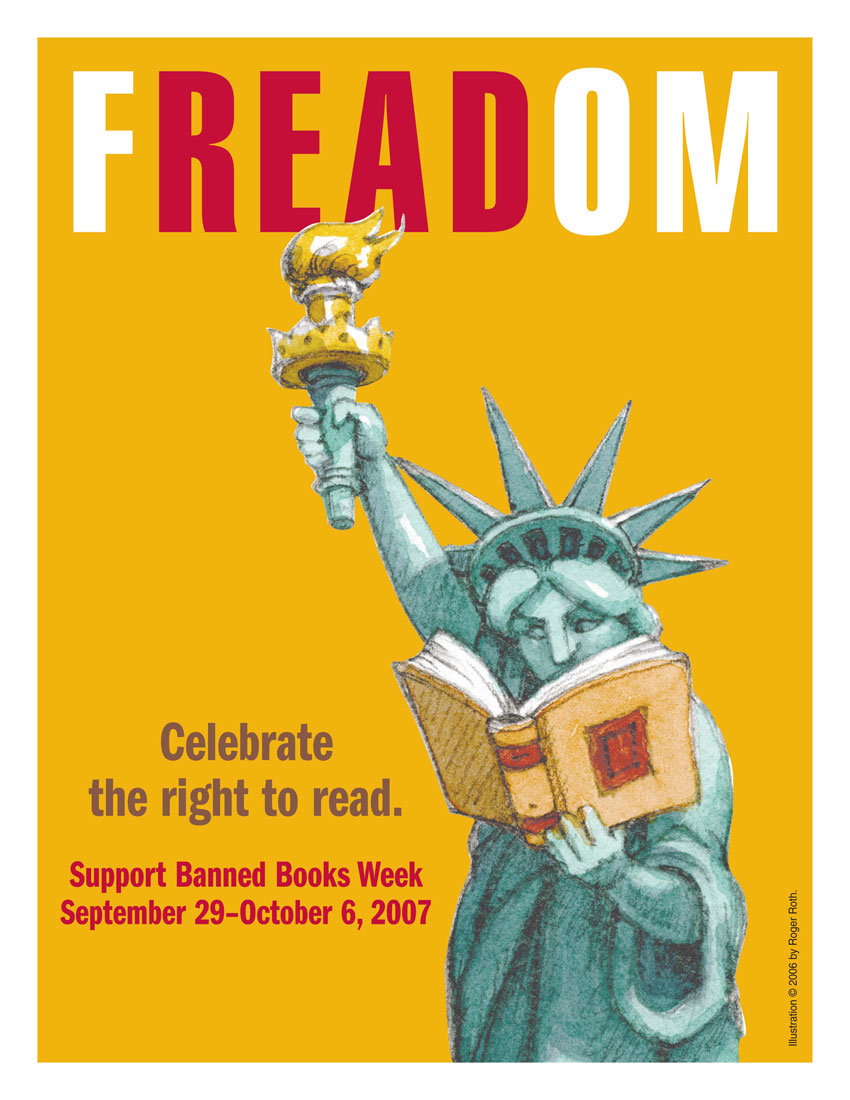
XM radio, Serius, and other satellite radio stations have been rapidly emerging. These subscription based stations offer paying customers a wide variety of entertainment for any individual with varying tastes and interests. Subscribers are given access to music stations featuring the top 20 songs in the nation, Classical, R & B, Rap, Disco, Rock, Grunge, Hip Hop, Gospel, Christian, Alternative, Pop, Country, Indie, Blues, Jazz, almost any genre imaginable. Should a subscriber need to be updated on traffic or weather conditions, information is at the turn of the knob. For sports lovers, coverage of virtually any sport is offered on the station. As an added plus, entertainment channels such as talk shows and Broadway musicals are provided. Furthermore seasonal music such as Christmas songs have channels entirely devoted to them according to the season.
While the vast and almost endless list of varieties are available at the demands of the subscriber, as a paying customer of these services, I sometimes wonder if paying this monthly fee, is in the end worthwhile. This service typically costs me around $12 a month to have these features available to me, whereas before satellite radio evolved, I paid $0 to listen to the free regular radio in my car. I still listen to the same songs, the same artists and same genres of music that I always have but now I just pay for it. The other day I was at work and we were listening to FM 104.9, and typically like any other radio station, callers call in and talk to the show host on air. This particular conversation involved this woman showing off her dog whose bark resembled the phrase “I love you”. A day later, I jumped in my car, turned on my satellite radio and heard the exact same conversation being broadcasted! I couldn’t believe it! I was paying $12 a month to listen to a re-airing of a free radio station! I have all these options of entertainment and music channels available but rarely do I venture beyond my usual 3 or 4 stations. It seems ludicrous that I knowingly pay for services I do not use and that I listen to broadcasts that are already free.
I must say that it is quite enjoyable to take a road trip and not have to waste time fumbling around trying to find a clear radio station for that area. However, satellite radio also has its weaknesses in signal strength. For example, in parking garages, under overpasses, or in any tunnel, reception is dreadful. I would be listening to my favorite song and boom, no more radio.
While none of these complaints are substantial deal breakers in my eyes, it makes me wonder where exactly our radioscape is headed. Our society has made us consumers of products and technologies that we simply do not need. They appeal to our culture-cultivated consumer desires for luxurious products that supposedly enrich our way of living. I do not need 256 channels of satellite radio. I only listen to about 4 channels on a consistent basis and yet I am very guilty of buying into this excessive need for more. Our culture has taught us to crave unnecessary material objects that ultimately waste our time and money. I think it has to do with the fact that we, specifically Americans, love to indulge ourselves. More is always better and the more options provided to us, the happier we “believe” we will be, until of course something new comes along and then we must have that too. I think that we as Americans love to have options, because it gives us a sense of self-power. It makes us feel as if we have the ability to CHOOSE what we want to hear and the accessibility of all options at our fingertips. Our society, myself included, will blindly hand over money to businesses providing us with such options, because the options gradually become an essential in our daily way of living.
Right now radio broadcasting is free for anyone owning a car or a radio in general. At the rate that new technologies are evolving, with the steady rate of the consumer need for more, I see satellite radio taking over as a dominant broadcasting system, not because the services are substantially better than free radio, but because people will always pay for the things that society tells them they need.








